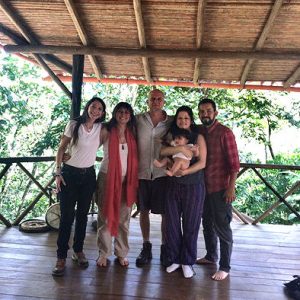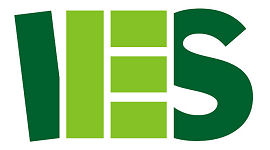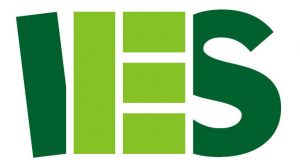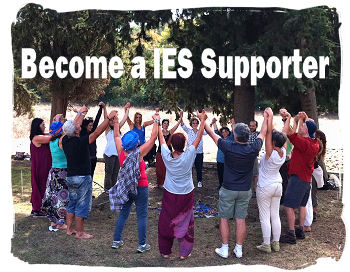
IES has 15 Charters in all around the world, in 4 continents. We collaborate, we work together and we are all part of an international family sharing the same passion and similar goals and vision for the application and expansion of Ecopsychology.
What is an IES Charter?
Charters are national representatives. They are individuals on whom the IES place its trust, who carry out actions to develop Ecopsychology in their country in various fields linked to IES.
The Charter’s profile is being a nature lover, friendly, reliable, able to get well along with its personal nature – instinctive, emotional and cognitive – and to work on his own personality structure, inclined to work for the welfare of all and with organization, leadership and ecoleadership (ability to have a systemic look at people, group, organization and network) capacities.
Prerequisites of becoming an IES Charter
- Should have its own academic training in Ecopsychology and related subjects (humanistic psychology, transpersonal, environmental, ecotherapy, ecology).
- Should be an accredited psychologist by the laws of his/her country.
- Must be accredited as Ecotuner IES

IES Charters of Mexico, Uruguay, Argentina and candidates for Perù
First steps
A Ecotuner candidate should follow the steps below in order to become part of our wide IES family
- Candidates express their interest to represent IES in their own country to any of the actual Charters.
- Then they write a letter to IES Board (ies@ies.bio), presenting themselves, and explaining the motivations that lead them in this direction and the projects that they have to apply and develop Ecopsychology in their country.
- They send also a curriculum and a copy of the university degrees.
- They ask to receive the complete Rules on the process to become an IES Charter.
- They participate to the first IES Congress in program.
- From that moment, begins a process of two years to be finally included as Charter.
- According to criteria approved by the Board of IES, and depending on the candidates’ previous knowledge and practice on Ecopsychology, they will follow a complete or partial IES training in one of the IES Schools.

IES Charters of Greece, Italy and South Africa
Charters’ responsibilities
A Charter- when it becomes part of the IES family- needs to start its mission by taking certain responsibility
- Carry out the development of Ecopsychology by creating a non-profit association or a Society – a Center or a School – with the purpose of bringing Ecopsychology in the areas of his greatest strength: academic, organizational, psychotherapeutic, educational, etc.
• Organize a website where to publish their work and IES one, connecting with local and international social networks.
• Develop Ecopsychology in its country, lecturing, organizing IES Training, work in fields related to Ecopsychology.
• Participate in international congresses of the IES which is conducted every each two years.
• Be the intermediary between the IES and national, academic and research organizations.
• Be the coordinator of ecopsychological nartional initiatives and link with new partners in their country.
• Pay the correspondent annual fee (€ 100).
• Collaborate with promotion and management of IES.
• In order to organize IES Training, the candidate must have taken part personally to it, and wait two more years.
The Charter role is renewed each two years at the Congresses. If the IES Charters don’t show any progress, don’t come or send representants to the Congresses, don’t stay in touch with other Charters during two years and not pay the annual fee, IES is free to offer their role to another person.
Excerpt from the complete rules on the process to become an IES Charter


Do you want to become a professional on one of those fields?
Come to see IES Training Programs!







